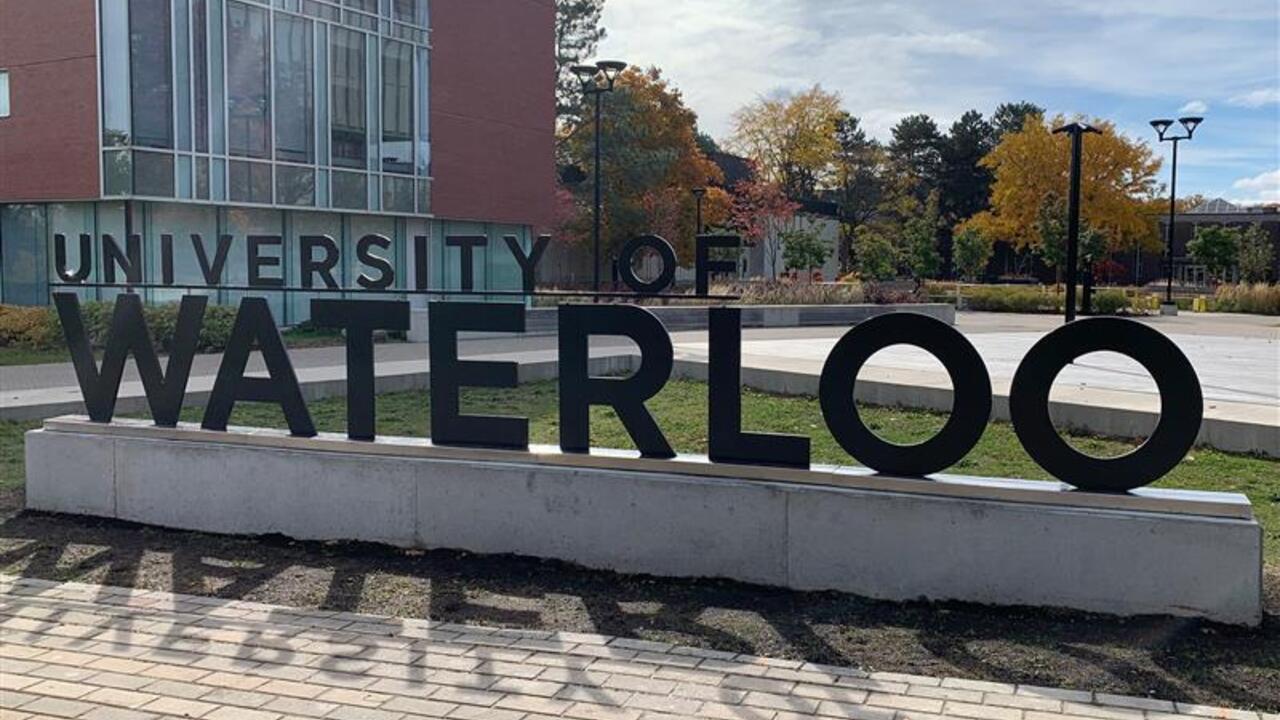
Women are naturally more fit than men
Women can process oxygen more quickly than men when they start to exercise, according to a new study from the University of Waterloo

Women can process oxygen more quickly than men when they start to exercise, according to a new study from the University of Waterloo
By Media RelationsQuick oxygen uptake places less strain on the body’s cells and is considered an important measure of aerobic fitness.
“The findings are contrary to the popular assumption that men’s bodies are more naturally athletic,” said Thomas Beltrame, lead author on the study.
The study compared oxygen uptake and muscle oxygen extraction between 18 young men and women of similar age and weight during treadmill exercise. Women consistently outperformed men with around 30 per cent faster oxygen handling throughout the body.
“We found that women’s muscles extract oxygen from the blood faster, which, scientifically speaking, indicates a superior aerobic system,” said Richard Hughson, a professor in the Faculty of Applied Health Sciences, and Schlegel Research Chair in Vascular Aging and Brain Health at Waterloo.
By processing oxygen faster, women are less likely to accumulate molecules linked with muscle fatigue, effort perception and poor athletic performance.
“While we don’t know why women have faster oxygen uptake, this study shakes up conventional wisdom,” said Beltrame. “It could change the way we approach assessment and athletic training down the road.”
The study is published in Applied Physiology, Nutrition, and Metabolism

Read more
Dr. David Hammond is leading a new study to examine the health risks of e-cigarettes among young people in Canada

Read more
Study compares traditional versus dynamic chairs during prolonged seated work

(Getty Images/LSOphoto)
Read more
Study examined middle-aged and older adults over six years
The University of Waterloo acknowledges that much of our work takes place on the traditional territory of the Neutral, Anishinaabeg, and Haudenosaunee peoples. Our main campus is situated on the Haldimand Tract, the land granted to the Six Nations that includes six miles on each side of the Grand River. Our active work toward reconciliation takes place across our campuses through research, learning, teaching, and community building, and is co-ordinated within the Office of Indigenous Relations.